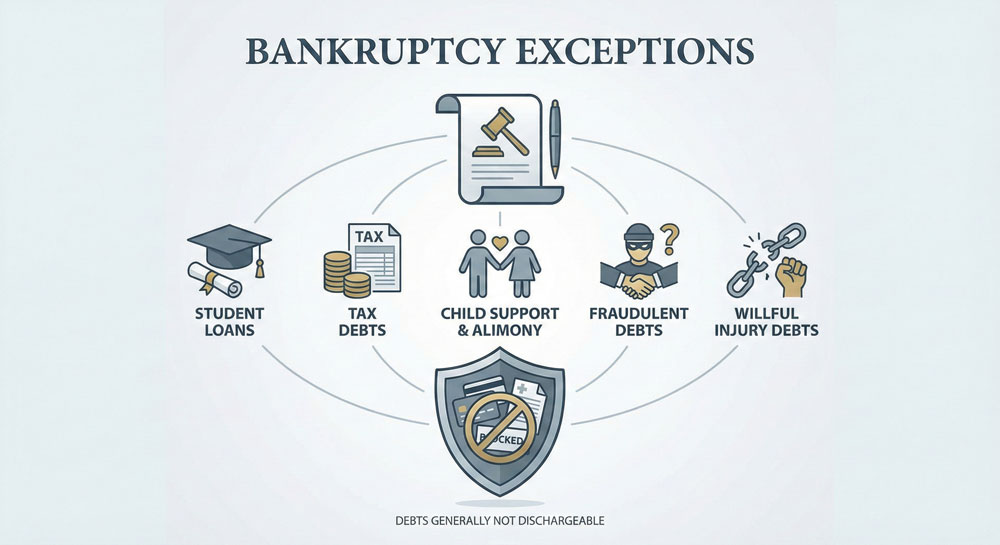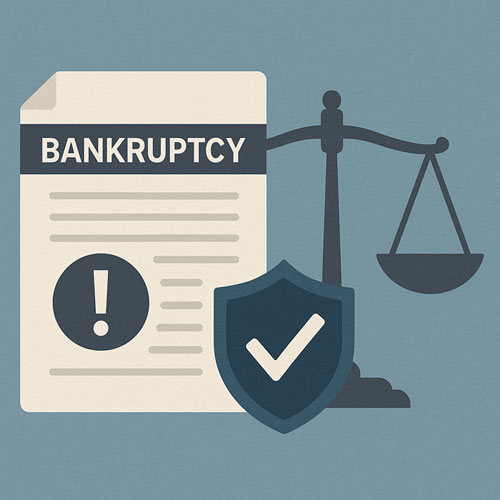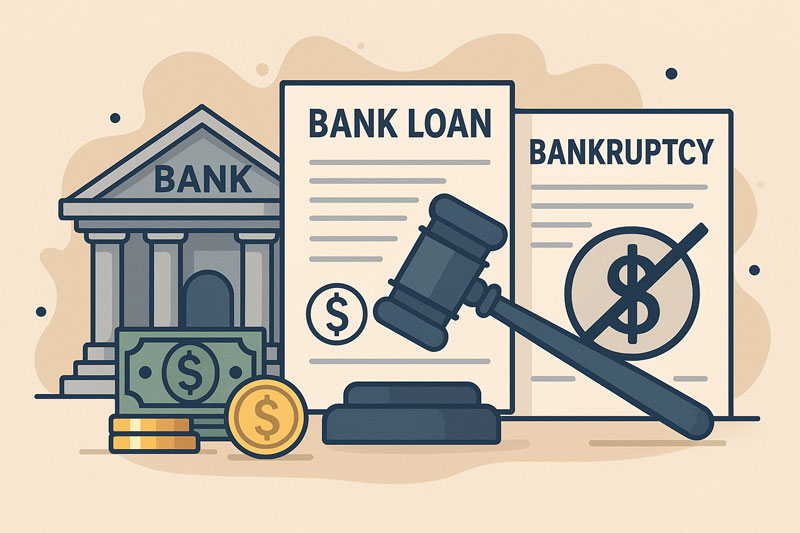The Debt Collector’s Rule Book
 Debt collectors’ tactics are limited by the Fair Debt Collections Practices Act (FDCPA). However, these rules specifically apply to third-party debt collectors -those who collect a debt on behalf of another creditor.
Debt collectors’ tactics are limited by the Fair Debt Collections Practices Act (FDCPA). However, these rules specifically apply to third-party debt collectors -those who collect a debt on behalf of another creditor.
The types of debt that are covered by the FDCPA are: your credit card debt, auto loans, medical bills, student loans, mortgage, and other household debts are covered. The act does not include business debts.
Can debt collectors contact me any time or any place?
They can’t contact you before 8 a.m. or after 9 p.m. unless you agree to it. They also cannot contact you at work if you advise them you cannot accept calls there.
How can a debt collector contact me?
- Phone calls
- Letters
- Emails
- Text Messages
Can a debt collector contact anyone else about my debt?
A debt collector generally can’t discuss your debt with anyone but you or your spouse. If an attorney is representing you, the debt collector has to contact the attorney. A collector can contact other people to find out your address, your home phone number, and where you work. However, they are only permitted to call those individuals one time.
What does the debt collector have to tell me about the debt?
A collector has to send you a written “validation notice” within five days of first contacting you. The notice has to say:
- how much money you owe
- the name of the creditor you owe it to
- what to do if you don’t think it’s your debt
What are debt collectors not allowed to do?
They can’t harass you. For example, they can’t:
- threaten you with violence or harm
- use obscene or profane language
- repeatedly use the phone to annoy you
- They can’t lie. For example, they can’t:
- misrepresent the amount you owe
- lie about being attorneys or government representatives
- falsely claim you’ll be arrested, or claim legal action will be taken against you if it’s not true
They can’t engage in unfair practices. For example, they can’t:
- try to collect interest, fees, or other charges on top of the amount you owe, unless the original contract or your state law allows it
- deposit a post-dated check early
- take or threaten to take your property unless it can be done legally
Can a debt collector take money from my paycheck?
Yes, but the collector must first sue you to get a court order — called a garnishment — that says it can take money from your paycheck to pay your debts. A collector also can seek a court order to take money from your bank account. Don’t ignore a lawsuit, or you could lose the opportunity to set up a payment plan that works best for your budget. Up to 25% of your wages can be garnished.
Can my federal benefits be garnished?
Many federal benefits are generally exempt from garnishment, though they might still be garnished to pay delinquent taxes, alimony, child support, or student loans. States have their own laws about which state benefits can be garnished.If you are overwhelmed by creditor phone calls, give your local Stockton bankruptcy attorney a call.
Categorized in: Debt



